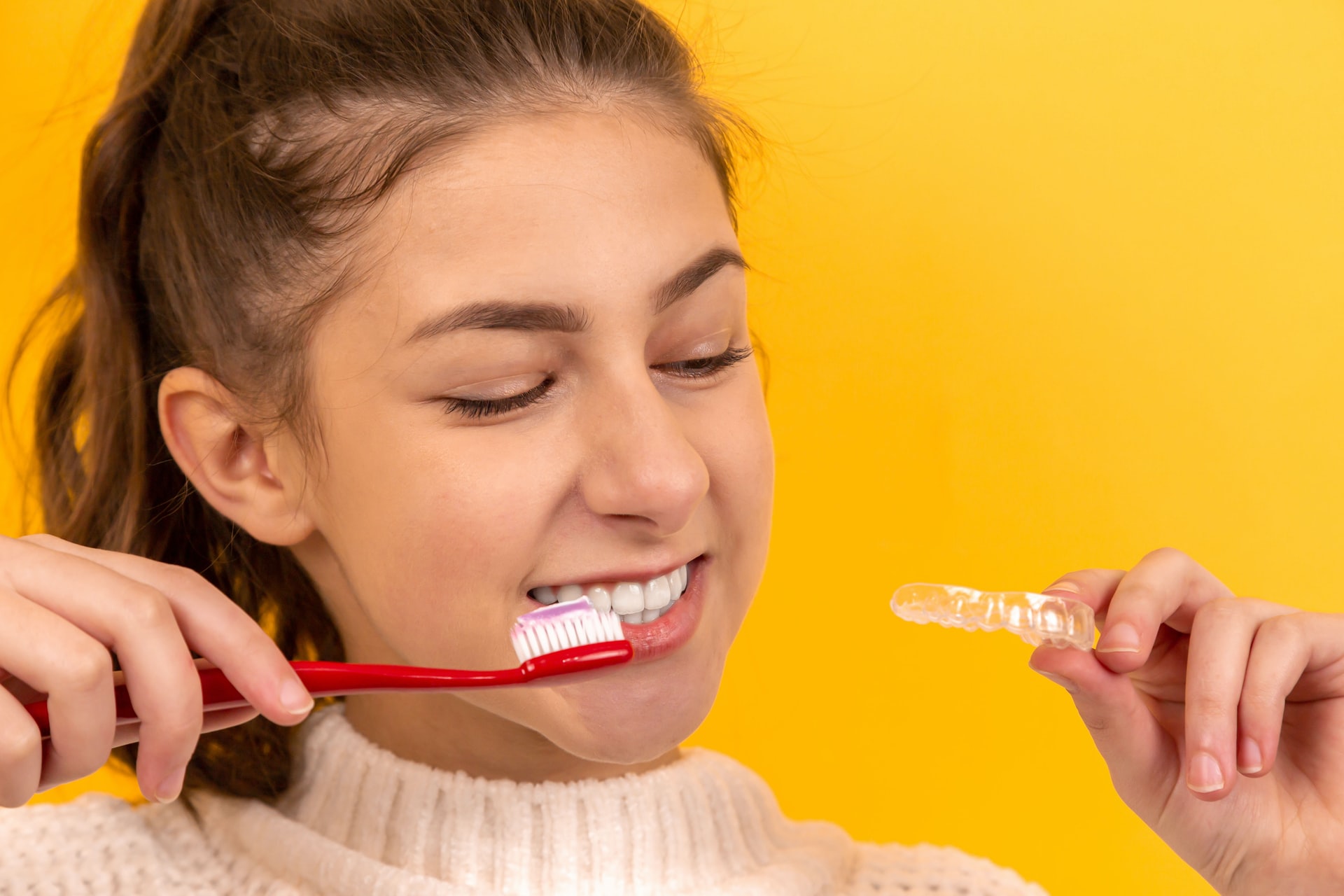Did you know that smoking can increase the risk of gum problems and can be harmful to your oral health? It can even lead to tooth loss, complications after tooth removal and surgery in the mouth, and the development of mouth cancer.
Smoking is one of the leading causes of tooth decay. The nicotine in cigarettes can cause a decrease in saliva production, which can lead to an increase in plaque buildup and cavities. In addition, smoking stains teeth and causes bad breath.
Survey reports say that almost 31% of the students in Surrey, BC, have tried smoking by the age of 15-16. It is essential to know the effects of smoking on oral health and consult the best dentist in Surrey to get the damage already done solved. This article will explore the effects of smoking on oral health in this thread.
Why does smoking cause tooth decay?
The main reason smoking causes tooth decay is because of nicotine. Nicotine is a highly addictive substance that’s found in cigarettes. When you smoke, the nicotine enters your bloodstream and then quickly travels to your brain. Once it’s in your brain, it attaches to receptors that are responsible for controlling your mood and behavior.
Nicotine also decreases the production of saliva in your mouth. Saliva is important because it helps to keep your teeth and gums healthy by washing away food and bacteria. When you don’t have enough saliva, you’re more likely to develop cavities and other dental problems.
In addition, smoking damages the tissue that surrounds your teeth. This damage makes it easier for bacteria to enter your teeth and cause decay.
Here is the Effect of smoking on Oral Health:
1. Plaque and Tartar:
Cigarette smoke contains chemicals that reduce saliva flow in the mouth and which make it easier for bacteria to stay in the teeth and gums. The bacteria plaque then builds up on teeth and along the gum line.
Smokers are proven to be three to six times more likely to develop gum disease, which attacks the roots of teeth and causes them to fall out. If you don’t remove plaque from your teeth daily, it can harden into tartar. This substance is so complex that professional cleaning is required to remove it.
Even smokeless tobacco products are known to irritate the gum tissue, causing gums to loosen around teeth, which allows bacteria to settle into the mouth and cause decay.
2. Affects Blood Circulation:
Smoking can harm gum tissue by causing infections and restricting blood flow. It also delays healing after oral surgeries like dental implants, tooth extraction, or gum disease treatment. When brushing or flossing, smokers may notice that their gums bleed easily. This makes the recovery process more difficult.
3. Increases Chances of Mouth Cancer:
Mouth cancer is a form of cancer that affects the mouth, including the tongue, cheek, roof, or floor of the mouth and lips. Smoking is proven to dramatically increase the risk of developing this form of cancer. People who smoke and drink alcohol have a greater risk of developing mouth cancer than those who do one or the other.
Mouth cancer affects the mouth and lips, causing deformation of the structure if any operations are to be performed.
4. Gum Diseases:
People who smoke cigarettes have a more difficult time detecting gum disease in their own mouths. Bleeding gums are usually an indication of gum disease that may not be present as tobacco causes poor blood supply to the gums. People who smoke will not respond as well to gum treatment as non-smokers generally do.
Alcohol use increases the risk of severe periodontal disease. Acute necrotizing ulcerative gingivitis is an excruciating condition that causes a terrible smell and taste.
5. Preventive Measures
It is advised to quit smoking at the earliest. In the meantime, to stay away from damage, you can try these things.
Brushing your teeth twice every day with good toothpaste will help keep your teeth and gums healthy. Use dental floss or interdental brushes once every day to clean your teeth.
Make sure to visit the best dentist in Surrey every 6 to 12 months. They can give you advice on caring for your teeth and gums at home and help identify your problems before they become serious.
Bottom Line
The main reason smoking causes tooth decay is that it increases the amount of plaque on your teeth. Plaque is a sticky film of bacteria that forms on your teeth and gums. These bacteria produce acids that can damage your teeth. Smoking also makes it harder for saliva to wash away the acids and plaque.

